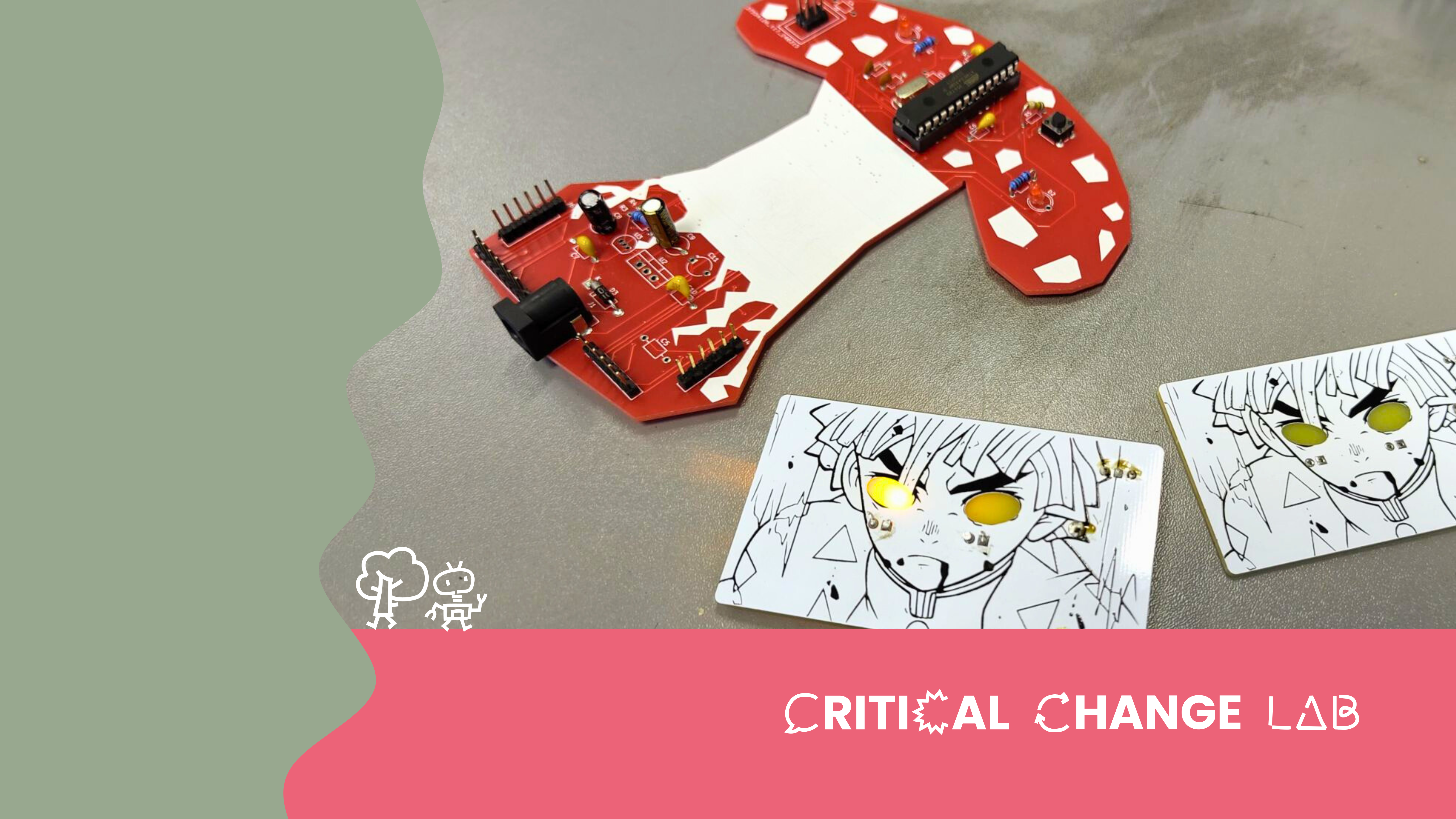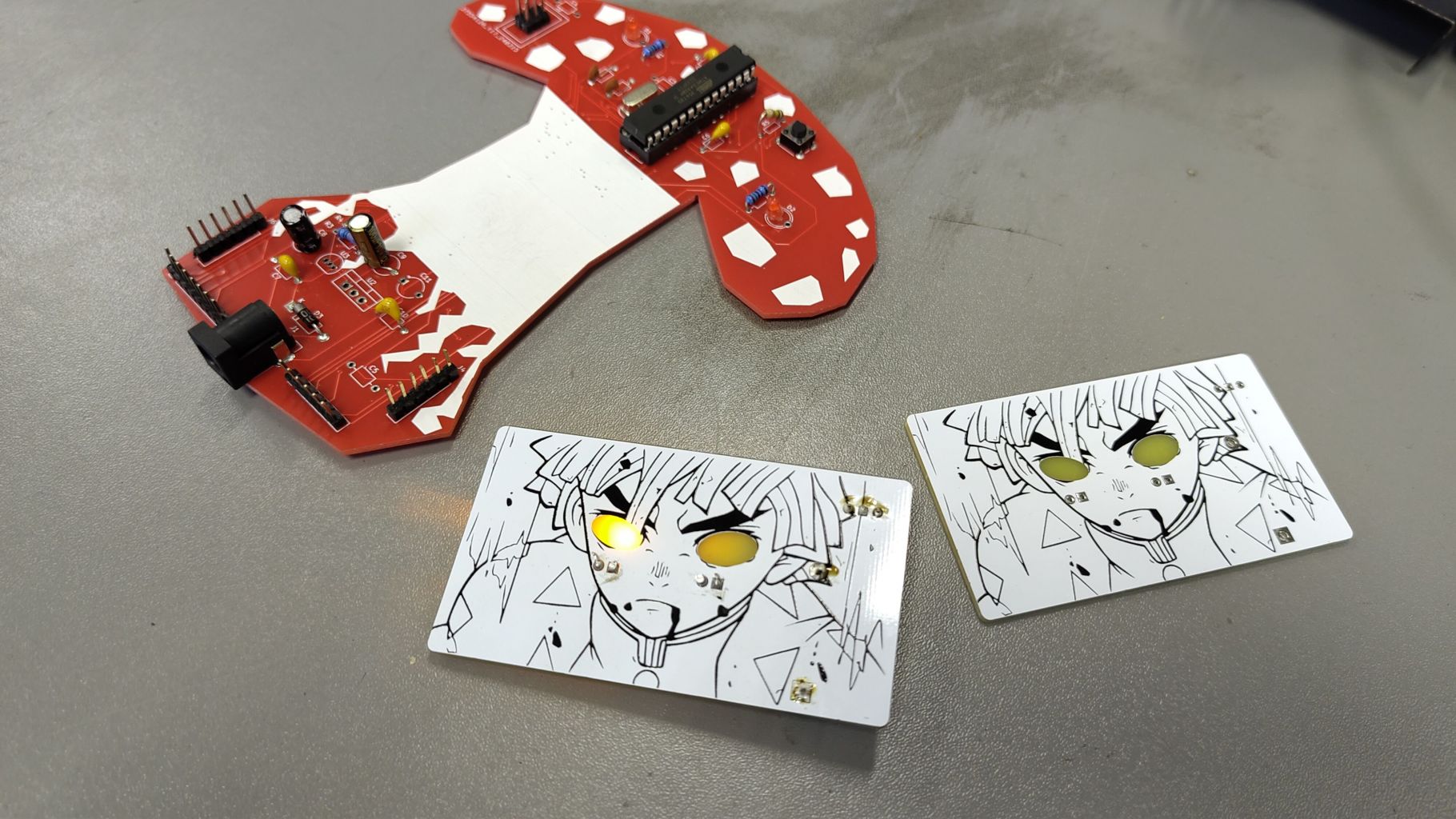Where and how does democracy manifest itself in our everyday lives? How can we collectively make decisions, freely share knowledge and amplify our voices without formal structures or systems to support us? How can we use technology democratically and prevent it from taking over our lives? And perhaps most challenging of all, how can these issues be addressed in a makerspace with 12-year-old children who have little interest in or knowledge of democracy? These were some of the questions pondered by a group of mentors at the Rampa makerspace as they prepared the first iteration of the Critical ChangeLab at Kersnikova Instiute in Ljubljana. One thing was clear: it had to be done the Rampa way – hands-on, DIY and fun.
Tinkering Towards Democracy
Over the course of six workshops, the children explored how democratic principles play out in the world of open source technology and peer-to-peer learning. They collaborated on discovering and experimenting with open-source projects, dabbling in open-source hardware and software, sharing knowledge freely, and practicing decision-making in a space where everyone’s input was valued and there were no wrong ideas. “Can we make anime PCBs and use LEDs for glowing eyes?” suggested one participant, and that was the perfect cue to try out KiCad, the open source PCB design tool. In doing so, they began to understand how communities of makers, creators and technologists build systems of mutual support and equality – without top-down hierarchies – through open source collaboration.
What Does Democracy Have to Do with Mushrooms?
The final project took them to an unexpected place: nature. Through a hands-on exploration of mycelium – the root-like structures of fungi – the children discovered how this complex network operates as a living example of decentralised, democratic organisation. Armed with Arduinos and electrodes, they explored how signals travel through mycelium and observed how it communicates, shares resources and supports the ecosystem. This served as a metaphor for how we might build democratic systems – where collaboration and interdependence thrive without the need for a single central authority.
Join our newsletter to continue to be updated on what we’re up to at #CriticalChangeLab. We’ll always keep it interesting, and only send you updates for as long as you want us to.

